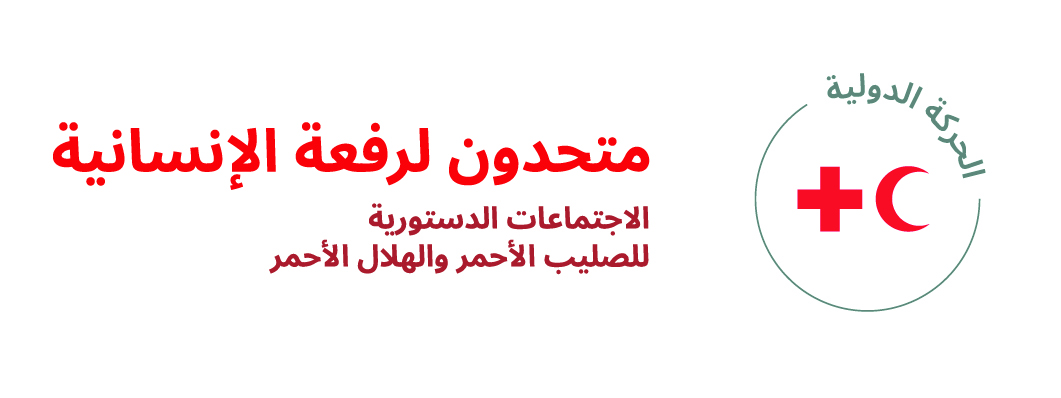الإجراءات المتخذة:
The EU and its Member States will strongly support the establishment of an effective mechanism on strengthening compliance with international humanitarian law. The EU and its Member States will assess and, as necessary, enhance the implementation of the EU Guidelines on promoting compliance with international humanitarian law in light of the ongoing discussions on establishing an international humanitarian law compliance mechanism.
The EU and its Member States have been strong supporters of the intergovernmental process to strengthen respect for International Humanitarian Law (IHL), as coordinated by the International Committee of the Red Cross (ICRC) and Switzerland. Member States participated in the Formal Meetings convened since the 32nd International Conference of the Red Cross and the Red Crescent in 2016, as well as in the open-ended consultations and informal meetings in preparation for the Formal Meetings. They addressed the process in a number of bilateral and multilateral meetings and consultations, and carried out demarches in third countries’ capitals to encourage stronger participation in the process by third states.
The European Union, through its delegation in Geneva, has facilitated this intergovernmental process by organising informal meetings of the EU Member States. In the framework of the Council Working Group on Public International Law (COJUR), a position paper has also been prepared, outlining possible options for furthering the initiative with a view to establishing a new space for regular dialogue on IHL among States.
Despite a lack of consensus on the process, EU Member States continued to engage, including with other like-minded States in cross-regional consultations in order to explore opportunities to improve IHL compliance through the creation of a safe space for State dialogue on IHL.
The importance of promoting compliance with IHL has been restated in several EU policy papers. For example, the 2016 Staff Working Document ‘Humanitarian Protection: Improving protection outcomes to reduce risks for people in humanitarian crises’ addresses protection issues in humanitarian response and advocacy, and the ‘Operational Priorities for Humanitarian Aid in 2019’, outline that strengthening compliance with IHL – in particular child protection – will continue to be a priority for the EU. The EU Action Plan on Human Rights and Democracy 2015-2019 also committed to support compliance with IHL.
The EU continued to implement the European Union Guidelines on promoting compliance with international humanitarian law, adopted by the Council in 2005 and updated in 2009, to support and reinforce the Union’s role in this field. In April 2018, the COJUR Working Group issued the first Annual report on the action taken by the European Union to implement the EU Guidelines. The report aimed to present a more systematic and transparent overview of the implementation of the Guidelines as a whole, to facilitate the assessment of the work carried out by the Union in this field, as well as to achieve wider awareness of the EU’s efforts in promoting compliance with IHL.
Based on the conclusions of this first Annual report, EU Member States initiated discussions on how to further enhance the EU’s capabilities and structures to strengthen the visibility and coherence of EU action for the promotion of IHL and international criminal justice.



